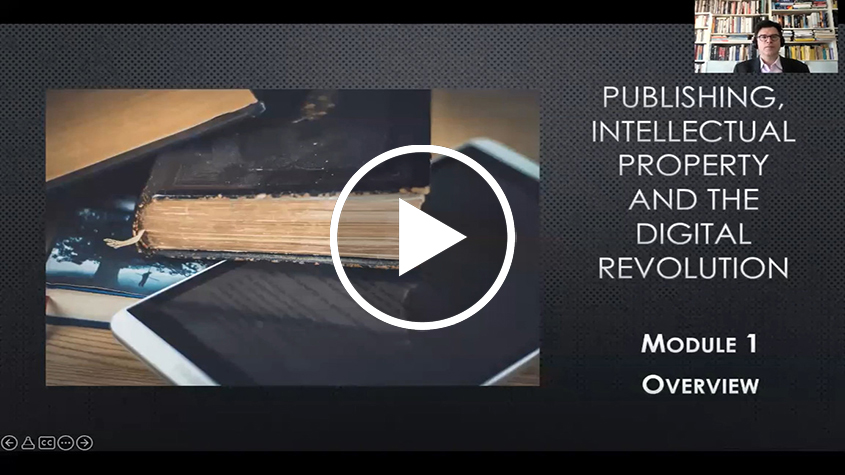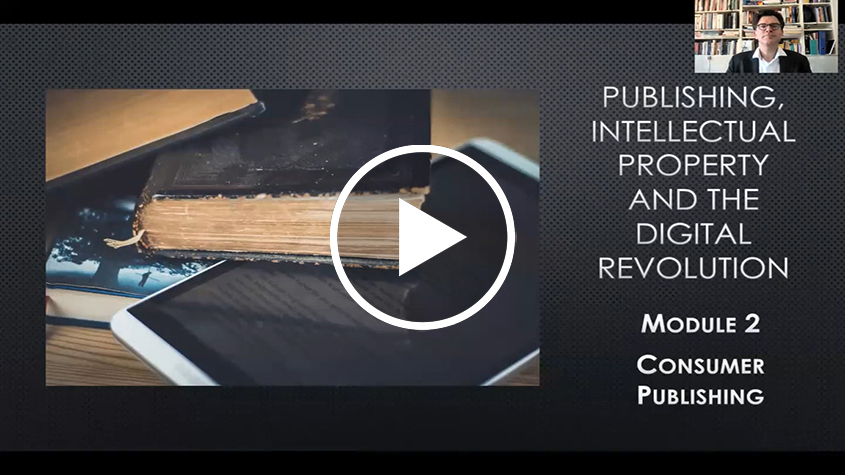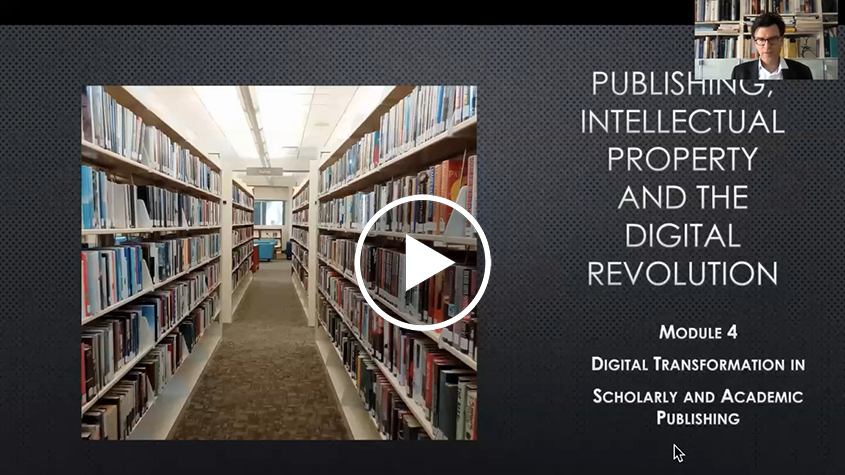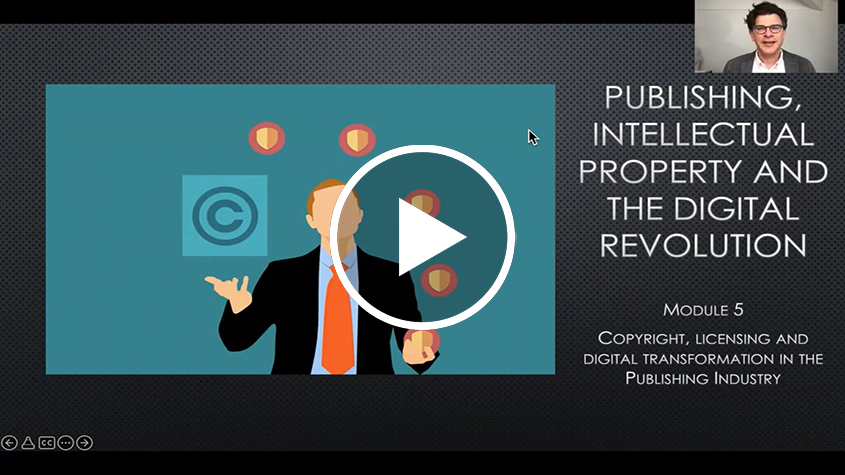Copyright is perhaps the most significant intellectual property (IP) right in relation to the publishing industry. Publishers, at the outset, need to acquire from authors the exclusive rights of reproduction and distribution, which are recognized by the WIPO-administered Berne Convention for the Protection of Literary and Artistic Works (the Berne Convention) and the WIPO Copyright Treaty (WCT).
Publishers play a key role in making literary works known and available to the reading public. They are responsible for acquiring, preparing, managing, marketing, selling and distributing such works. They are also the creators, managers, acquirers and custodians of numerous IP rights, possessing certain rights in the books that they produce and sell, and holding rights on behalf of third parties.
To a large extent, the relationships in the publishing industry are traditionally managed on an individual, or rather on a one-to-one basis. Yet the increasingly widespread use of the photocopying technology has led to an explosion of the reproduction of printed works. Copying takes place everywhere and by everybody. Consequently, rights holders mandate organizations to manage their rights collectively. Such organizations issue licenses for the reproduction of literary and artistic works. They collect the fees, and channel them back to the authors and publishers. In the case of literary works, such collecting societies are known as Reproduction Rights Organizations (RROs).






